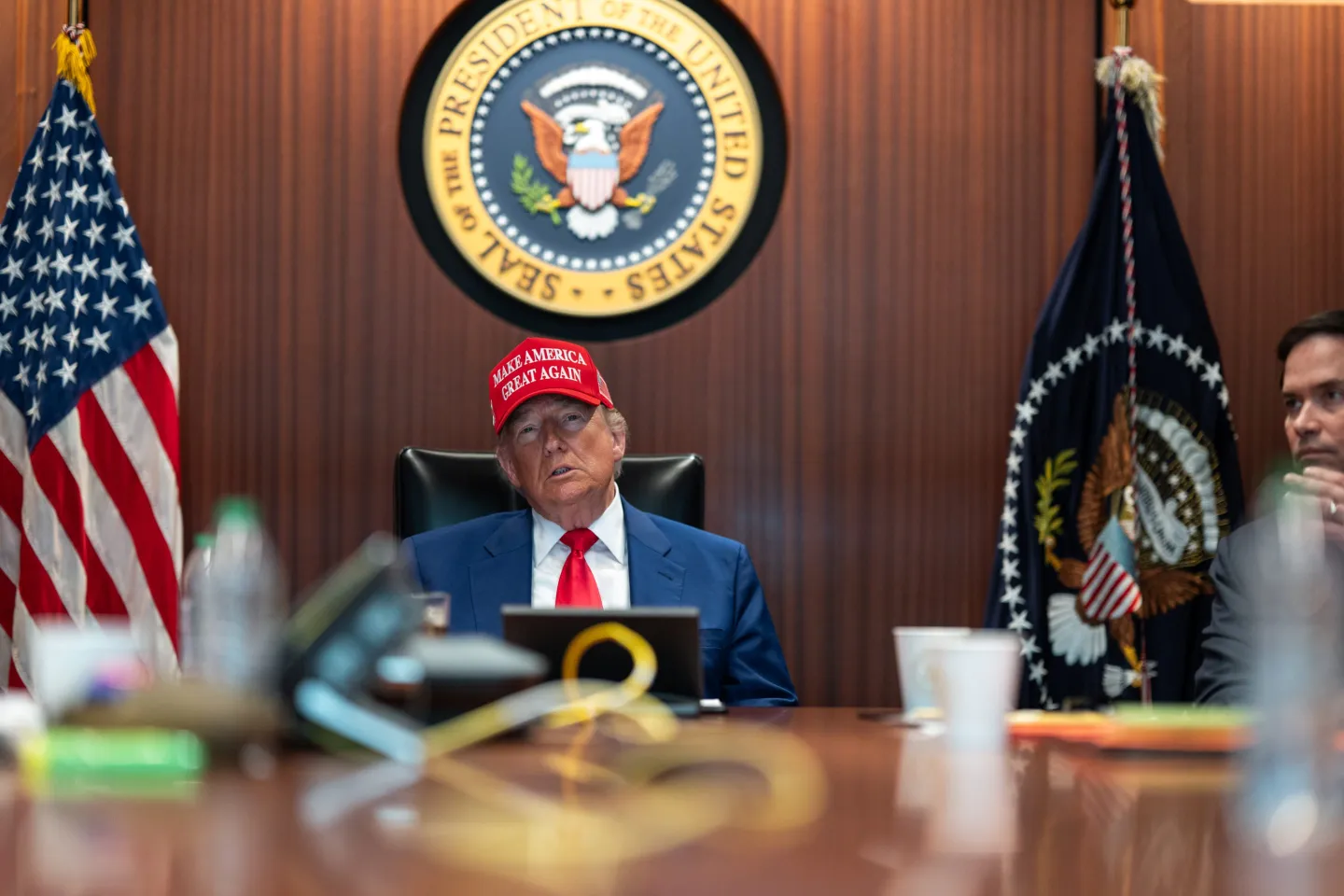The geopolitical landscape of the Middle East has shifted dramatically in the past 48 hours following Iran’s forceful retaliation against Israeli military operations — a move that has drawn former U.S. President Donald Trump back onto the global stage in a high-stakes bid to contain the chaos.
A Calculated Strike
Iran’s military launched a barrage of missiles targeting Israeli infrastructure and strategic assets in what Tehran called a “measured and justified response” to a series of Israeli airstrikes last week. The strikes, which Iran claims were aimed at Iranian military advisors in Syria, marked a boiling point in a long-simmering shadow war.
Iran’s Supreme National Security Council convened in emergency session, vowing a “firm response to any future aggression.” The response came swiftly, with missile systems targeting airbases and military installations deep inside Israel — a rare and direct escalation.
Trump Re-emerges Amid Crisis
As global leaders scrambled to manage the fallout, Donald Trump made headlines by inserting himself into the crisis. Declaring the situation “out of control,” Trump reached out to both Israeli and Iranian officials in an effort to broker a ceasefire.
Speaking at an impromptu press conference, Trump said, “This never would’ve happened if I were in office. But I’m here now to stop the war before it becomes a disaster.”
Sources familiar with the discussions suggest Trump’s outreach included backchannel talks and pressure on Gulf allies to support de-escalation efforts.
U.S. Presence Targeted
Meanwhile, a U.S. military base in Qatar came under threat, though American defense officials stated that no casualties were reported. Intelligence reports indicate the base may have been targeted by Iran-aligned proxy forces operating from neighboring regions.
The Pentagon confirmed increased security around U.S. assets across the Middle East, raising the alert level and reinforcing air defense systems as a precaution against further hostilities.
Regional Fallout
The retaliation has sparked concern across the Middle East, with neighboring countries calling for immediate diplomatic intervention. Iraq and Lebanon, both home to armed groups aligned with Tehran, have seen a spike in tensions and military movement.
Oil prices surged over 6% in global markets, reflecting growing investor fears of supply chain disruptions and broader conflict in the Gulf.
International Reaction
World leaders have called for calm. The European Union urged both nations to “step back from the brink,” while China and Russia emphasized the need for multilateral talks. The United Nations Security Council has scheduled an emergency meeting to address the rising tensions and potential humanitarian fallout.
The Road Ahead
While Trump’s intervention may have slowed the pace of escalation, the situation remains volatile. Israeli officials have vowed to continue defending their sovereignty, while Iran has made clear it will no longer tolerate what it calls “Israeli provocations and Western silence.”
Analysts warn that without a credible and sustained diplomatic push, the region could slip into a prolonged conflict with far-reaching consequences.
Creston Times will provide continuous updates as the story unfolds and world leaders navigate one of the most dangerous standoffs in recent memory.
















Leave a Reply